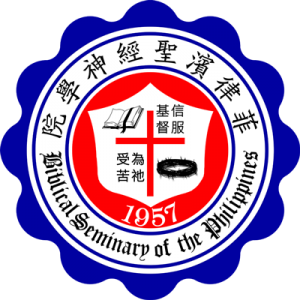The birth of orientalism / Urs App.
Series: Encounters with AsiaPublication details: Philadelphia : University of Pennsylvania Press, c2010.Description: xviii, 550 p. : ill. ; 24 cmISBN:- 9780812242614
- 0812242610
| Item type | Current library | Shelving location | Call number | Status | Date due | Barcode | |
|---|---|---|---|---|---|---|---|
 Books
Books
|
BSOP Library | Reference | BL1033 Ap4 2010 (Browse shelf(Opens below)) | Available | 00043114 |
Browsing BSOP Library shelves, Shelving location: Reference Close shelf browser (Hides shelf browser)
| No cover image available |

|

|

|

|

|

|
||
| BL467 T61 Ancestral veneration / | BL 473 J76 1993 Encyclopedia of gods : | BL473 Se3p 2013 Seeing the God : | BL1033 Ap4 2010 The birth of orientalism / | BL1055 H19 2018 Handbook of East Asian new religious movements / | BL1212.72 H58s Hindu spirituality / | BL1925 T15m 2012 Taoism / |
Includes bibliographical references and index.
Introduction -- Voltaire's Veda -- Ziegenbalg's and La Croze's discoveries -- Diderot's Buddhist Brahmins -- De Guignes's Chinese Vedas -- Ramsay's Ur-tradition -- Holwell's religion of paradise -- Anquetil-Duperron's search for the true Vedas -- Volney's revolutions.
"Modern Orientalism is not a brainchild of nineteenth-century European imperialists and colonialists, but, as Urs App demonstrates, was born in the eighteenth century after a very long gestation period defined less by economic or political motives than by religious ideology. Based on sources from a dozen languages, many unavailable in English, The Birth of Orientalism presents a completely new picture of this protracted genesis, its underlying dynamics, and the Western discovery of Asian religions from the sixteenth to the nineteenth century. App documents the immense influence of Japan and China and describes how the Near Eastern cradle of civilization moved toward mother India. Moreover, he shows that some of India's purportedly oldest texts were products of eighteenth-century European authors. Though Western engagement with non-Abrahamic Asian religions reaches back to antiquity and can without exaggeration be called the largest-scale religiocultural encounter in history, it has so far received surprisingly little attention--which is why some of its major features and their role in the birth of modern Orientalism are described here for the first time. The study of Asian documents had a profound impact on Europe's intellectual makeup. Suddenly the Bible had much older competitors from China and India, Sanskrit threatened to replace Hebrew as the world's oldest language, and Judeo-Christianity appeared as a local phenomenon on a dramatically expanded, worldwide canvas of religions and mythologies. Orientalists were called upon as arbiters in a clash that involved neither gold and spices nor colonialism and imperialism but, rather, such fundamental questions as where we come from and who we are: questions of identity that demanded new answers as biblical authority dramatically waned"--Publisher description.


